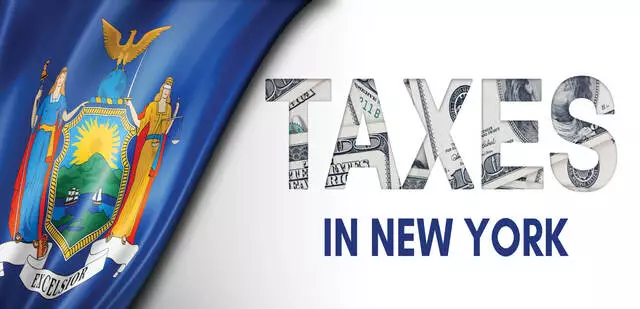
The best thing I can write about the DTA’s production this week is that I get to use both of the words TiNY has created in the same sentence. This week there is one Tribunal decision and one ALJ determination, and they are a timy and a costy, respectively. And, as Forrest Gump once mused, that’s all I have to say about that.
Tribunal Decision
Matter of Ratcliff, June 2, 2023; Div’s Rep. Jennifer Hink-Brennan, Esq.; Pet’s Rep. pro se; Article 22. The Tribunal agreed with the ALJ that Petitioners failed to file their BCMS request within the required 90-day period. The Division showed that the Notice was properly issued April 5, 2021, and the BCMS request was not submitted until September 21, 2021. The Tribunal therefore decided that the Division was entitled to summary determination in its favor on timeliness grounds.
ALJ Determination
Matter of Employment Screening Services, LLC, ALJ Taylor, June 2, 2023; Div’s Rep. Michael Hall, Esq.; Pet’s Rep. pro se; Application for costs, Tax Law § 3030. As its name suggests, Petitioner performed employee candidate screening services for its clients. Those services included Social Security Number verification, criminal record research, drug screening, etc. Petitioner did not collect and/or remit sales tax on its services. The Division audited Petitioner and asserted a liability of roughly $140,000 in additional sales tax under the theory that Petitioner was performing a protective or detective service, the receipts for which are subject to sales tax. Petitioner challenged the liability by filing a Petition to the DTA. Following a hearing, the ALJ determined that Petitioner’s services were not subject to sales tax.
The Division did not file an exception challenging the ALJ determination.
Petitioner filed its request for costs. In its filings, Petitioner’s representative included an itemized statement of charges and a calculation of the costs required to be reimbursed using the $75 hourly rate provided in the statute.
Judge Taylor denied the request for costs citing Petitioner’s failure to provide information regarding its net worth and number of employees in its request. Under the statute, a business petitioner is permitted to recover costs only if, at the time the petition was filed: 1. It had less than 500 employees, 2. It had a net worth not in excess of $7 million, and 3. It substantially prevailed on the most significant issue in controversy. On the other hand, the Division can avoid a payment of costs if its position was “substantially justified.” Because Petitioner failed to demonstrate that it satisfied all the formal requirements for recovering costs, the Judge deemed it unnecessary to rule on whether the Division’s position was substantially justified. That’s too bad, because I’d like to see the Judge’s analysis of the issue in a case like this one in which the Division expansively interpreted a statutory provision imposing a tax. Under the rules of statutory construction, tax imposition statutes are to be read narrowly. So, it seems like it might be difficult for the Division to satisfy its burden of proving that its position was substantially justified. As I have opined in these pages before: it seems that the “substantial justification” analysis should be similar to the “reasonable cause” analysis to determine whether penalties should be abated. But I have never seen a judge explicitly rule in favor of that approach.

